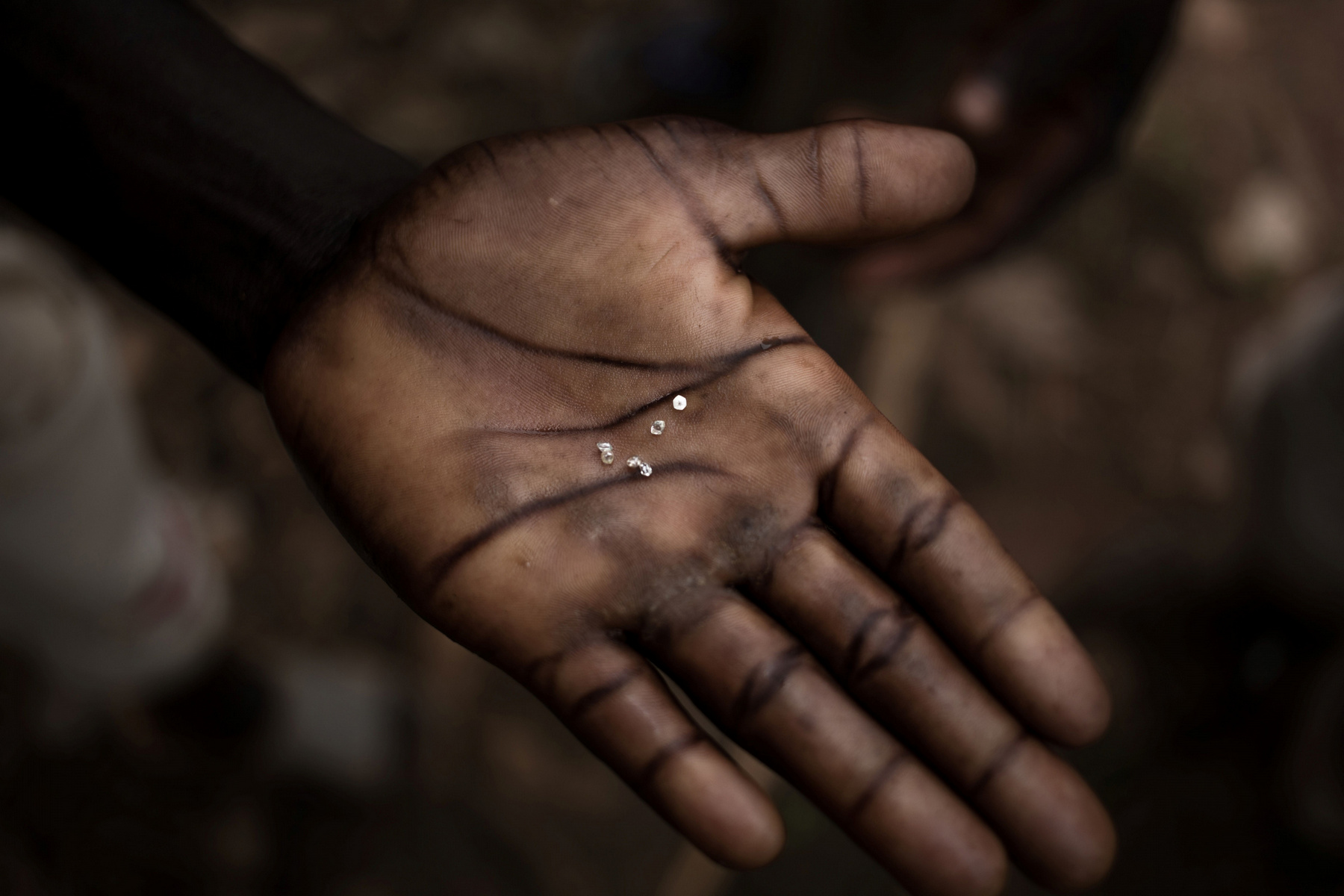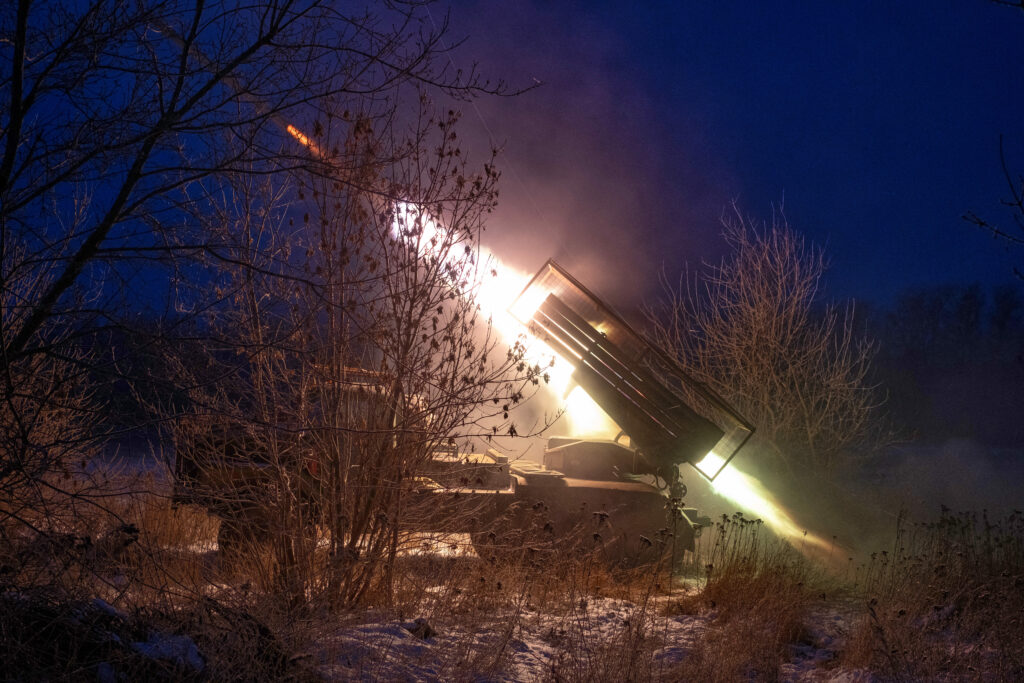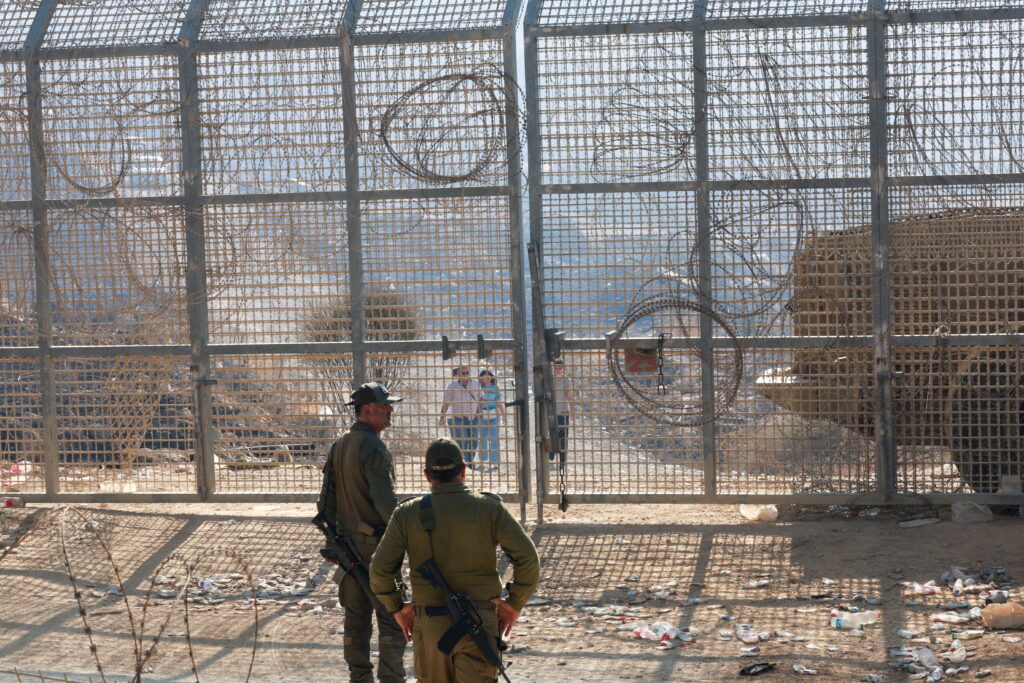In 2020, Russia will chair the Kimberley Process, an organisation that regulates the diamond market. Last year, Russian officials said that 2020 would be used, among other things, to fight for the legalisation of diamond exports from the Central African Republic (CAR.) Russia justifies its intentions by referring to humanitarian reasons. Yet it coincides with increasingly active contacts between Moscow and Bangui over the past three years. Once exports from the Central African Republic have been legalised, Russian companies are jostling to be first in line for the country’s natural resources.
The conflict in the Central African Republic
Established in 2000, the Kimberley Process is an international organisation that brings together 82 countries. Its mission is to prevent so-called «blood diamonds» from entering the global market. That is, to stop the sale of diamonds which can be used to finance armed conflicts or terrorist groups. In 2013, the organisation declared all diamonds produced in the CAR to be «blood diamonds». Legal exports from the country then stopped. Even so, there are well-founded suspicions that diamonds continued to be shipped to other countries via other means.
The ban on diamond exports from the CAR followed the seizure of Bangui, the capital city, by the Séléka, a coalition of armed Muslim groups, and the demise of President François Bozizé. Reacting to Muslim violence, the Anti-balaka Christian group was formed. But then, their clashes evolved into pogroms and killings of civilians. In 2014, the Séléka left the capital city under pressure from international peacekeepers; presidential elections were held in 2016, putting Faustin-Archange Touadéra in office. This was used by France as an excuse to withdraw its troops from the CAR. Their presence, according to the French foreign ministry, was no longer needed.
However, the real power of the newly elected president was limited to the capital Bangui and small areas in the south. The northern and eastern parts of the Republic continued to be controlled by armed rebels. In 2015, the Kimberley Process partially lifted its ban on diamond exports from the areas controlled by the government. Today, though, the official production figures for these territories do not exceed 40 thousand carats per year. For the sake of comparison, the CAR produced approx. 350 thousand carats annually before the conflict broke out.
An alliance to save Touadéra
President Touadéra had difficulties after the withdrawal of French troops. Armed groups continued to threaten the capital city. The poorly armed government forces and residual UN peacekeepers had little to stop them. The president found a solution to his problems in Sochi, where he flew to hold talks with Russia in October 2017. A few weeks later, Lobaye Invest, a mining company, was registered in Bangui. Then came the incorporation of Sewa Security Services, a private security company. Both companies are thought to be linked to Russian businessman Yevgeny Prigozhin. The only reliable data are more vague, showing that they are owned by Russian citizens.
In December 2017, Russia achieved an exception to the arms embargo imposed on the Central African Republic. It had obtained the status of the main arms supplier to the Republic and was now sending military specialists there to train local security forces. As of February 2020, the official number of Russian military instructors in the CAR was 235. The staff of Sewa Security Services became personal bodyguards to President Touadéra. After the Russia-Africa summit, Touadéra said his country was considering allowing a Russian military base on its territory.
In June 2018, under two agreements with the government of the Central African Republic, Lobaye Invest received licenses for the exploration of mineral resources on an area of 4,000 square kilometres. In December 2019, the Russian Foreign Ministry acknowledged this fact; it specified that those areas were controlled by the CAR government. Nevertheless, according to other news sources, these areas were under the control of Antibalaka when the agreements were signed.
The reason why the land plots in the south were controlled by the government is that they are of no particular interest to other parties. Diamond deposits are yet to be discovered there. Judging by leaks to the media, Russian representatives in the CAR are dissatisfied with the meagre geological exploration results. The genuinely profitable deposits are still in the «red zones». Here, exports are prohibited. Any mining activity happening there is illegal. However, according to some news reports, representatives of Wagner, a private military group associated with Prigozhin, have been spotted in the «red zones», smuggling illegally mined stones.
It is doubtful that Russia undertook all this «courtship» around the Central African Republic, including an active information campaign within the Republic, arms supply, or mediation in the negotiations between the armed groups and the central government, only for the sake of these scarce mining fields. The CAR is among the poorest countries on the African continent. It has been torn by internal conflicts since regaining independence in 1960. So it is unlikely the CAR will be able to repay Russia’s generosity with anything other than its own natural resources, which, in fact, are not yet under its full control. Moscow, for its part, is not prepared to make such generous gestures toward its African friends if they bring nothing in return. It seems Russia’s strategy includes the settlement of the conflict in the Republic, or at least an apparent settlement that would allow it to lift sanctions and openly mine diamonds and other natural resources.
In February 2019, a peace agreement was signed between the government in Bangui and the rebels. In theory, it should have ended the longstanding conflict in the country. Russia did not act as a guarantor of the deal but actively lobbied for it. Moscow also through engaged with the armed groups. In fact, however, this was not the first attempt by the CAR authorities to reach an agreement with the militants. And there is little evidence so far that this attempt is too different from the previous ones. The rebels still control large parts of the country’s territory. Fights claiming civilian lives have not even stopped during the COVID pandemic.
The Kimberley conspiracy
Although the peace process in the CAR has been progressing slowly, Russia’s Deputy Finance Minister and member of the Supervisory Board of the ALROSA diamond company Alexei Moiseyev declared towards the end of 2019 that Moscow intends to seek a complete lifting of the ban on diamond exports from the Central African Republic under Russia’s chairmanship in the Kimberley Process. A few months later, Andrei Kemarsky, Director of the Department of Africa at the Russian Ministry of Foreign Affairs, who had worked in Africa for many years and obviously is more knowledgeable about the local realities, said that the plan was to build a road map. In other words, this task is unlikely to happen within the year of Russia’s chairmanship in the Kimberley Process.
Moiseyev explained the liberalisation of the diamond market in the CAR by referring to how gems in the country were being mined illegally anyway, and smuggled across borders. And the revenues from that trade go to the militants, not to the central government. Against the backdrop of the COVID-19 pandemic, such plans have gained moral fabric. The Republic needs money to fight the virus. It is unlikely to receive any significant sums of money from other countries or international organisations; everyone is now more concerned about the contagion’s spread across Europe and the United States.
However, anyone claiming «the export ban does not solve any problems anyway» may as well dismantle the whole Kimberley Process. Its participants are unlikely to believe that their activity completely stops illegal mining and smuggling. The organisation was only established to certify those stones that do not fall into the category of «blood diamonds.» That is, to give confidence to the buyers that they are not complicit in killings. Even that confidence might often turn out to be questionable. Only stones mined in areas outside the control of a legitimate government are labelled «blood diamonds». One overlooks, however, how some legitimate African governments can commit atrocities violent enough to «outdo» even armed rebels. In other words, the motivation expressed by the Russian Deputy Finance Minister calls the raison d’être for the organisation into question.
Still, the odds are that the CAR issue will be raised by Russia first at the Kimberley Process meeting in June and then at its plenary meeting in November. Both these events were set to take place in Russia. (Due to the coronavirus they are likely to be moved to online platforms.) The Russian initiative has strong support from India, the previous KP chair and the world’s leader in diamond processing. On top of that, 13 countries of the African Union, the UAE and China have voiced support for lifting the embargo. Taken together, they already constitute a significant lobby.
While the Russian investments in the CAR bear quite a high risk, it is offset by their limited scope. In case free diamond exports from the country are not achieved, Moscow will keep its outpost in the heart of the continent in any case, forcing potential rivals and competitors such as China to take heed. However, if the Central African Republic is able to reinstate its diamond exports without restrictions in the near future, Russia will get privileges for all its past services and generous gestures, if not exclusive mining rights.










